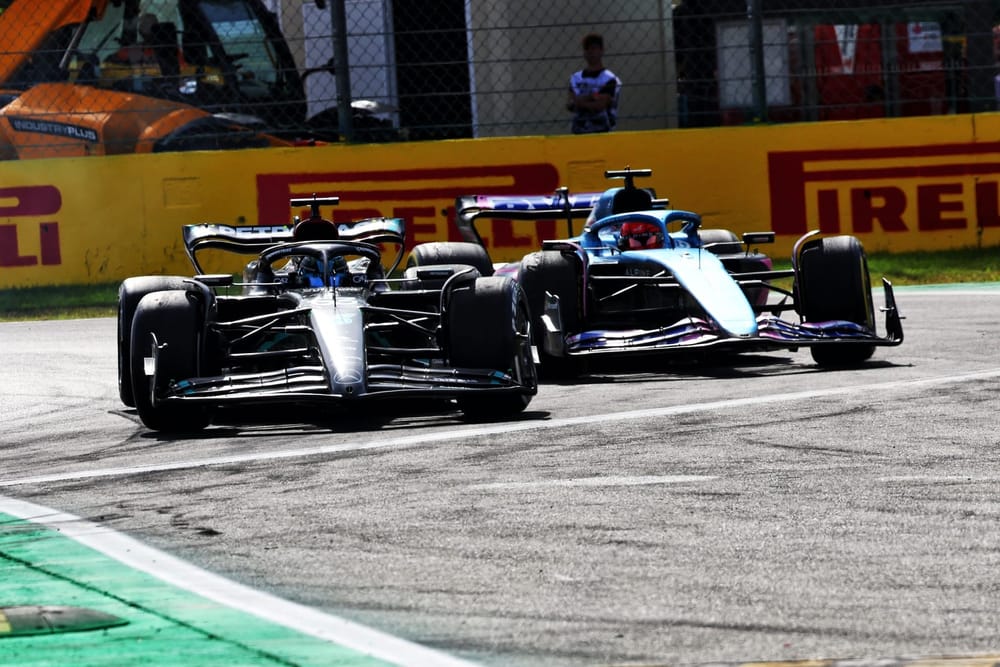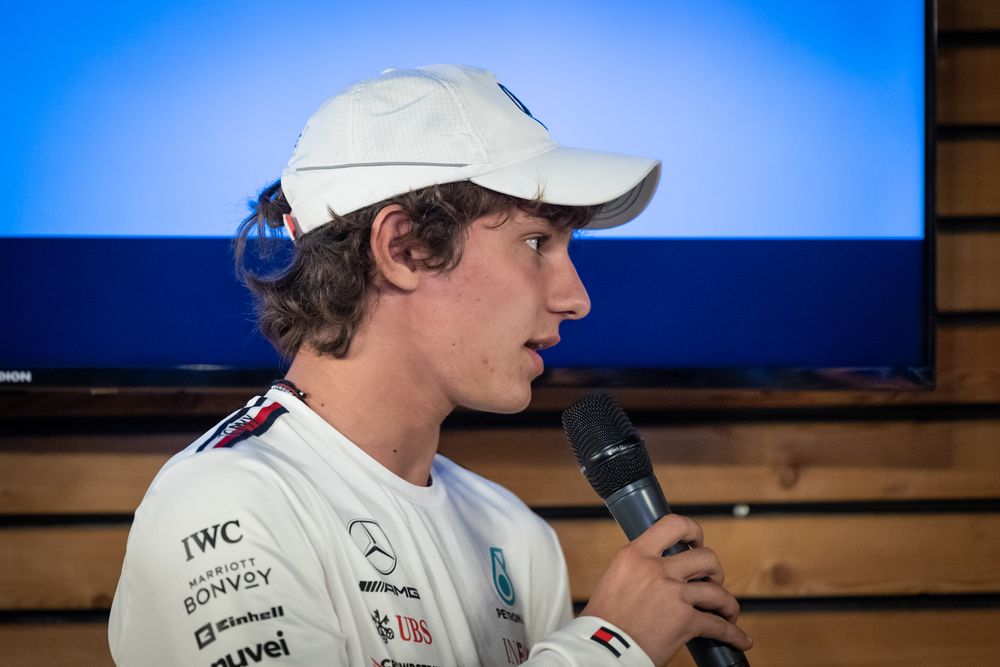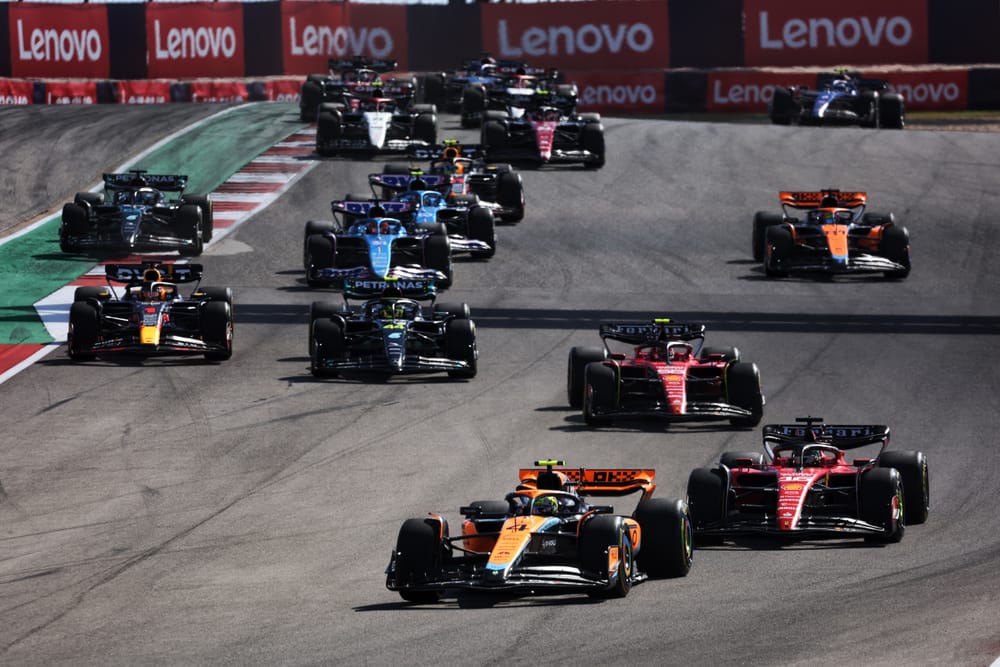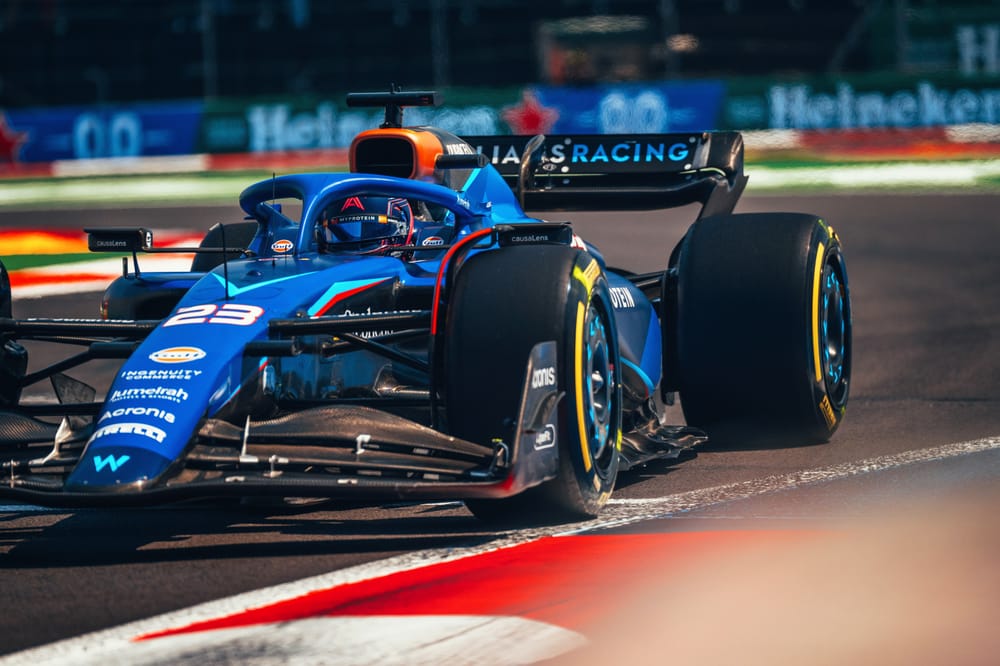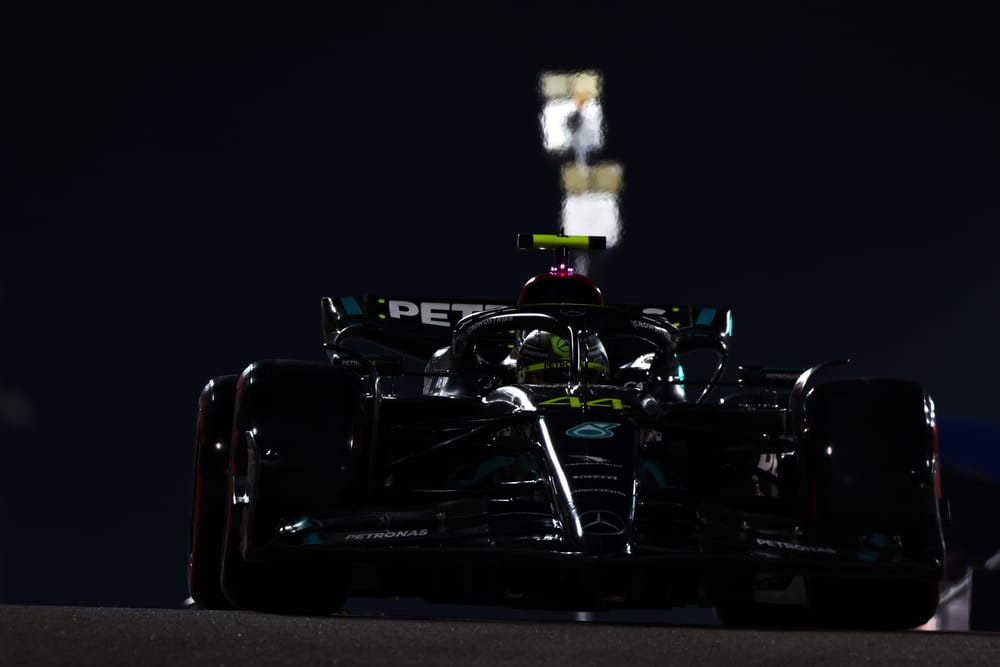Up Next

Red Bull's much-vaunted F1 junior programme was never quite the only game in town - it would be revisionist history to suggest as much - but its reputation as something of a progenitor is well-earned.
Its junior ranks were plentiful year after year, replete with top-of-the-line talents. It alone could offer seats within an entire second F1 team dedicated wholly to young talent development. And it cultivated a certain brand identity through both the immediately recognisable livery nearly all of them ran and the trademark ruthlessness of the programme. You could, after all, assemble a pretty great grid out of just the drivers who only got a single year in this cauldron of taurine before being let go.
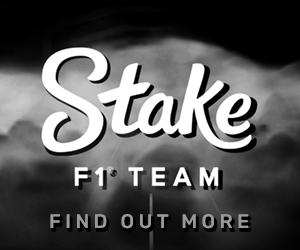
Red Bull's still doing all right - for all its occasional struggles filling up that second team with eye-popping homegrown talent, it still has Max Verstappen, and for all the potential debate over whether Verstappen fully counts as 'homegrown', it takes just one look at the trophy cabinet to go 'well, who cares?'.
But it does seem pretty evident that in terms of covering the full junior ladder spectre, it has been reeled in by its fellow F1 heavyweights. And it's not Red Bull that has the most-hyped driver currently on that ladder under contract, but Mercedes, steering the 17-year-old Andrea Kimi Antonelli's inexorable-looking march towards grand prix racing.
Antonelli was snapped up by Mercedes early in karting. This is nothing unprecedented - think of Lewis Hamilton and McLaren, of course - but it's still a relative rarity in the grand scheme of things.
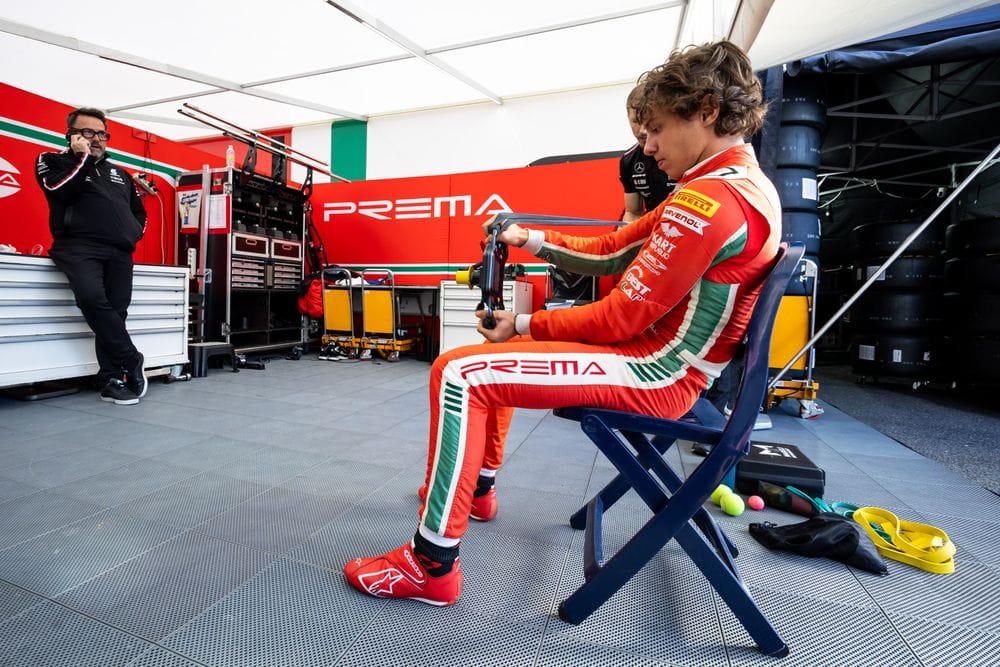
Here, this early commitment has paid off hugely. But it's not something that Gwen Lagrue, the chief of Mercedes' junior programme, necessarily sees as an area of scouting where Mercedes is getting one over its main rivals.
"I don't know about the others - I know what we are doing," Lagrue tells The Race.
"I am not picking a lot of drivers. We are taking the necessary time also to support then and to guide them, it's not a short-term project, and usually when we sign with a driver, we try to give the necessary support and to bring the driver to the top level. Hopefully F1, but at least making sure they will have a [professional] career."
Then again, Lagrue already has prior experience of guiding a driver from karting to F1 - and, even before Antonelli can graduate, his mentor's impact on the current F1 grid, both in his Mercedes role and in what came before, is already indelible.
THE BREAKTHROUGH TALENT
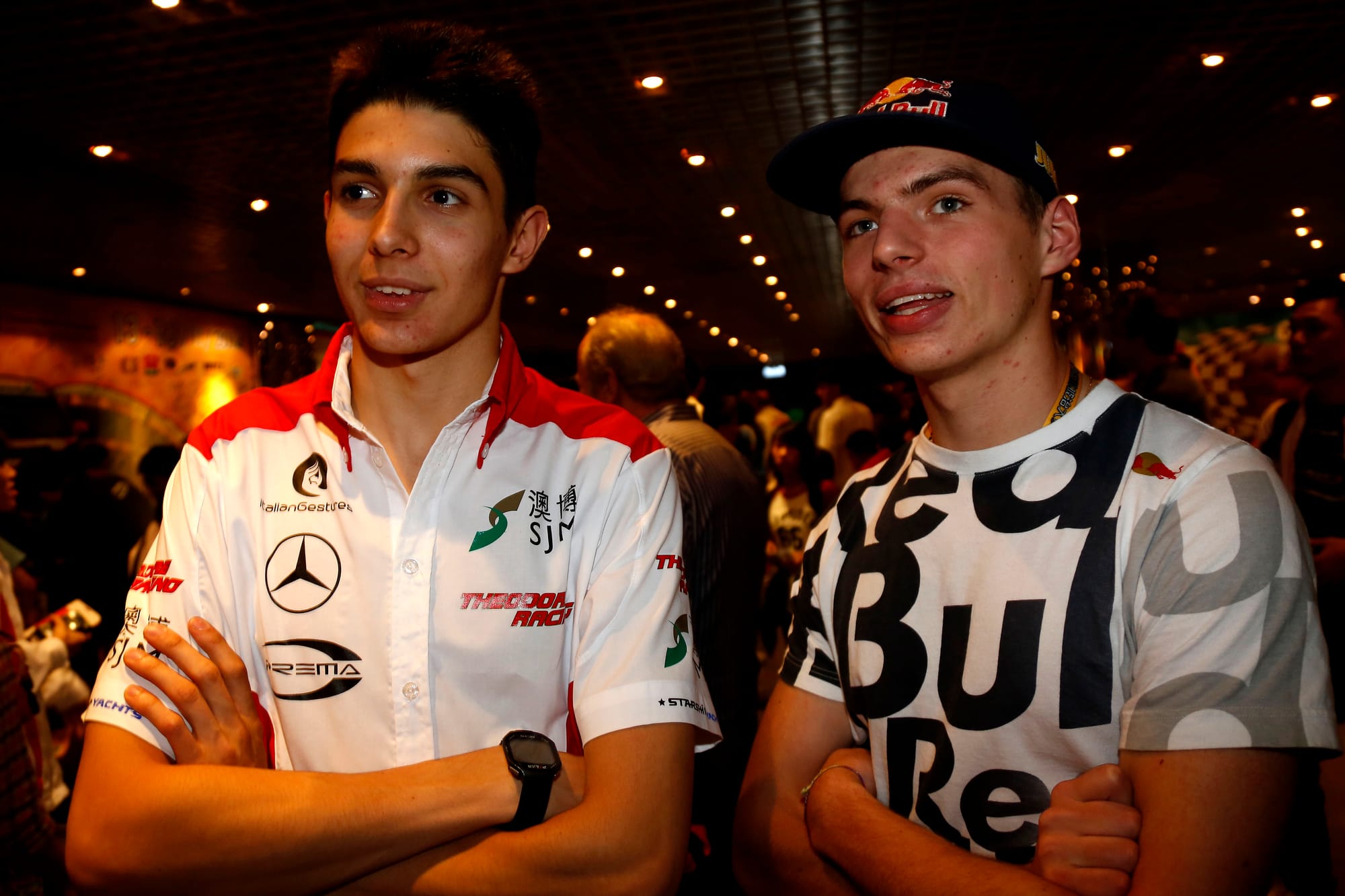
Lagrue's "first driver" was French compatriot Guillaume Moreau, who "became a professional endurance driver". But his calling card project would begin a few years later.
The Lagrue-run Gravity Sports Management was the junior programme partner of Renault (then Lotus, then Renault again), and had several interesting prospects in its ranks in that time - but none more so than another compatriot of Lagrue's, young Esteban Ocon.
Ocon had been picked up in karting, made a strong early impression in single-seaters even as the Enstone-based F1 team he was connected to was undergoing its various seismic changes, then joined the Mercedes stable that would also soon formally welcome Lagrue.
Soon enough, when a mid-season window of opportunity opened in 2016, he was racing in F1.
"I was at every grand prix at that time with Pascal Wehrlein," recalls Lagrue while mentioning another F1 prospect of Mercedes' - though one much less interlinked with him personally and one who no longer retains ties with either Lagrue or Mercedes.
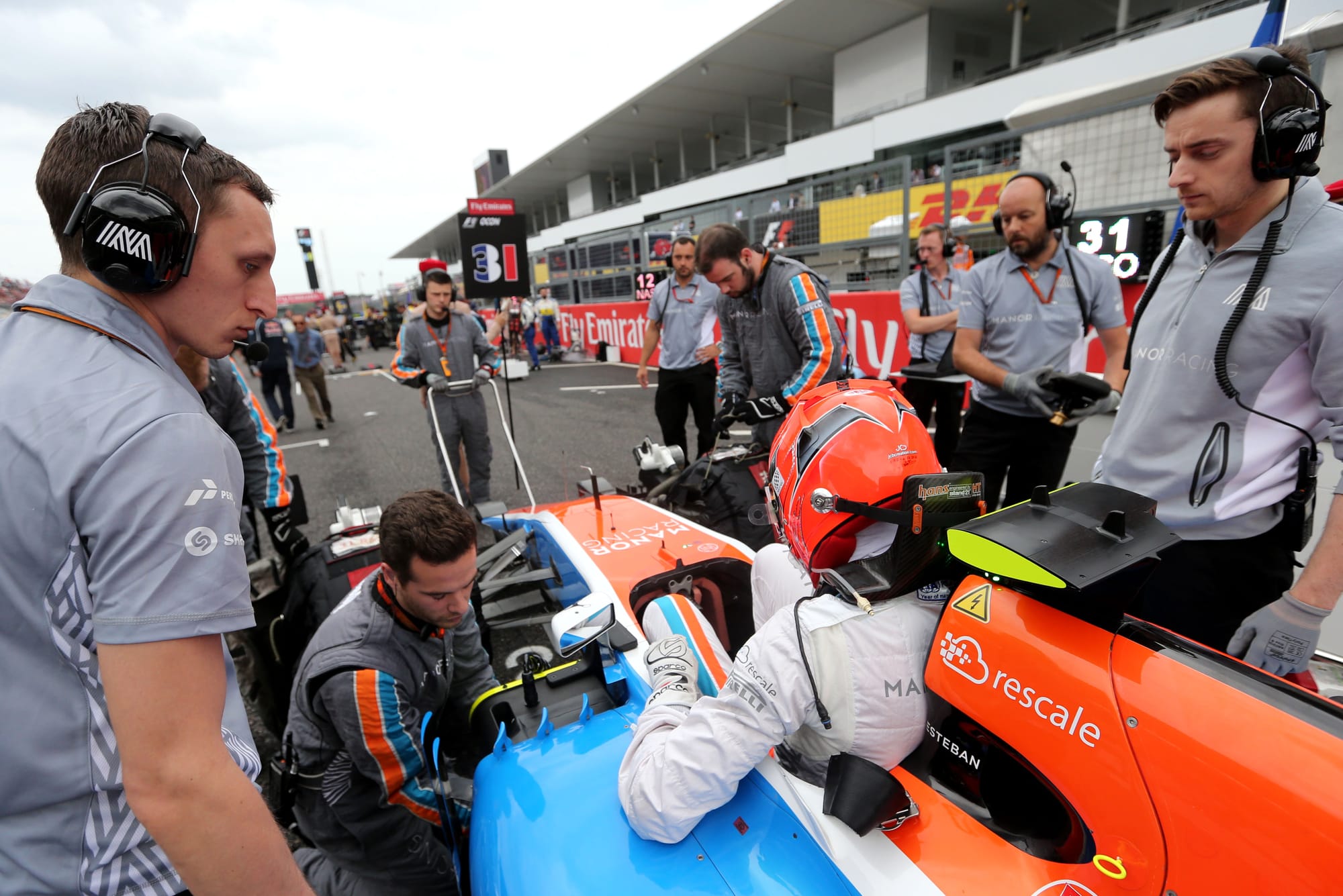
"We managed at Mercedes to organise him [Ocon] the seat. And end of season arrived the possibility to move him up to Force India. And he did two years there, and he did a pretty good job, which was the take-off, let's say, of his F1 career."
Like with Wehrlein, Mercedes famously didn't settle on Ocon as its next big thing - more on that later - but an eventual link-up with Team Enstone again, one that always seemed written in the stars, has yielded a grand prix win and some long-sought after F1 career stability.
"To be honest, the last two years, what he did against also Fernando [Alonso] was pretty strong," says Lagrue of Ocon. "So we are not talking about always winning or doing podiums etc, but still he did a very, very, very good job.
"And I think Fernando pushed him also to a limit he didn't know [in] himself, and he's still improving."
Is there sadness that he's driving for another firm? Not at all. Also because Ocon, Lagrue emphasises, is a Mercedes driver "still".
"He's still very linked to us. He's an Alpine driver, and he's fully committed to Alpine, but we're still managing his career.
"There are only 20 seats in Formula 1, and we are in a way pretty much all collaborating in the best interests of the sport. And in our case we have a very good relationship with Alpine and with others. And we always try to find the best solution to work together in the best interest of the team and the driver."
THE SUPERSTAR
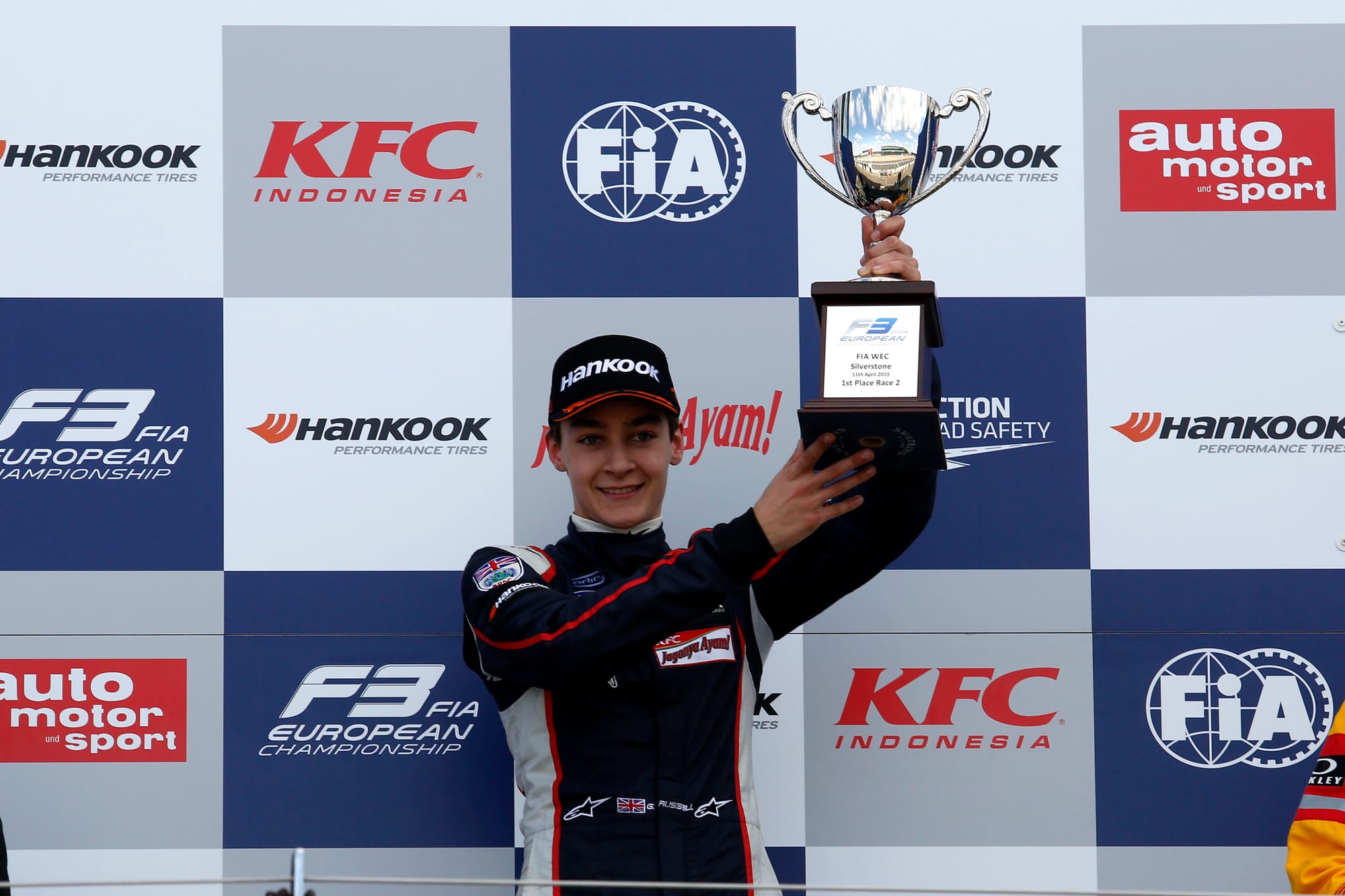
Just as Ocon had usurped Wehrlein as Mercedes' next-in-line prospect in F1, so too George Russell leapfrogged Ocon.
Here, too, is something of a Renault link.
"I knew him back to go-karts," says Lagrue. "I also witnessed his debut in single-seaters. And especially I remember, because I organised and helped him - in 2014, if I'm right - I organised the Eurocup [Formula Renault] race for him."
Lagrue - still with Lotus at the time - was made aware a vacancy at Tech1, owned by his friend Simon Abadie, for that Formula Renault Eurocup season finale at Jerez.
"I said, 'Oh you should put George Russell in'. And he [Abadie] needed to also show that the team was still strong, etc.
"It was easy to convince him, and I think it was also a game-changer for the team and also for George. And he arrived and smashed it."
Tech1 had won the title with Pierre Gasly the year before but was winless that season - until the cameo-ing Russell converted pole into victory, snapping a Nyck de Vries win streak in the process.
Lagrue was already certain Russell was a "special talent". But there was no way to get him into the Lotus fold.
"No-no-no. Because we were already struggling with the drivers we had at the time, and with the budget. It's not that we had too many - but I couldn't afford at that time to have one more."
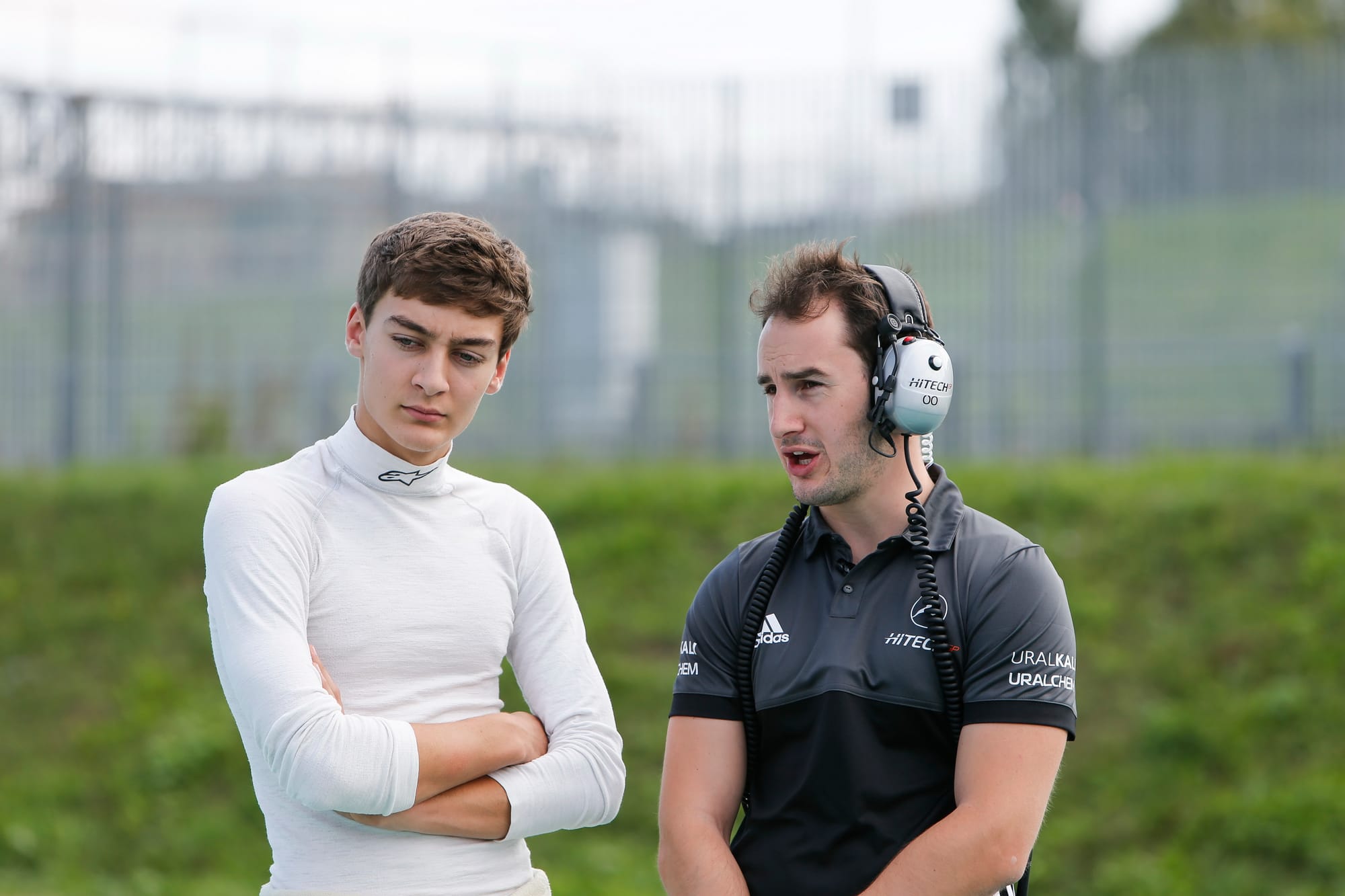
By the time Lagrue joined Mercedes in January 2016, Russell was in the process of stalling out in Formula 3.
"But I was still convinced. He just needed to be in the right environment.
"So we managed to convince him to not give up single-seaters, to sign with us and to do GP3. Which was kind of a step to the side. But to rebuild his confidence and to also show him that with the right package he could be the winner we were believing he was."
Mercedes and Lagrue believed correctly. And Russell's path from there proved pretty straightforward.
"He is now driving at home, in Mercedes. Hopefully he will have now many years of success - we need to be a bit stronger than we are now, we are working for that. And hopefully he will bring some titles home."
THE RECLAMATION PROJECT
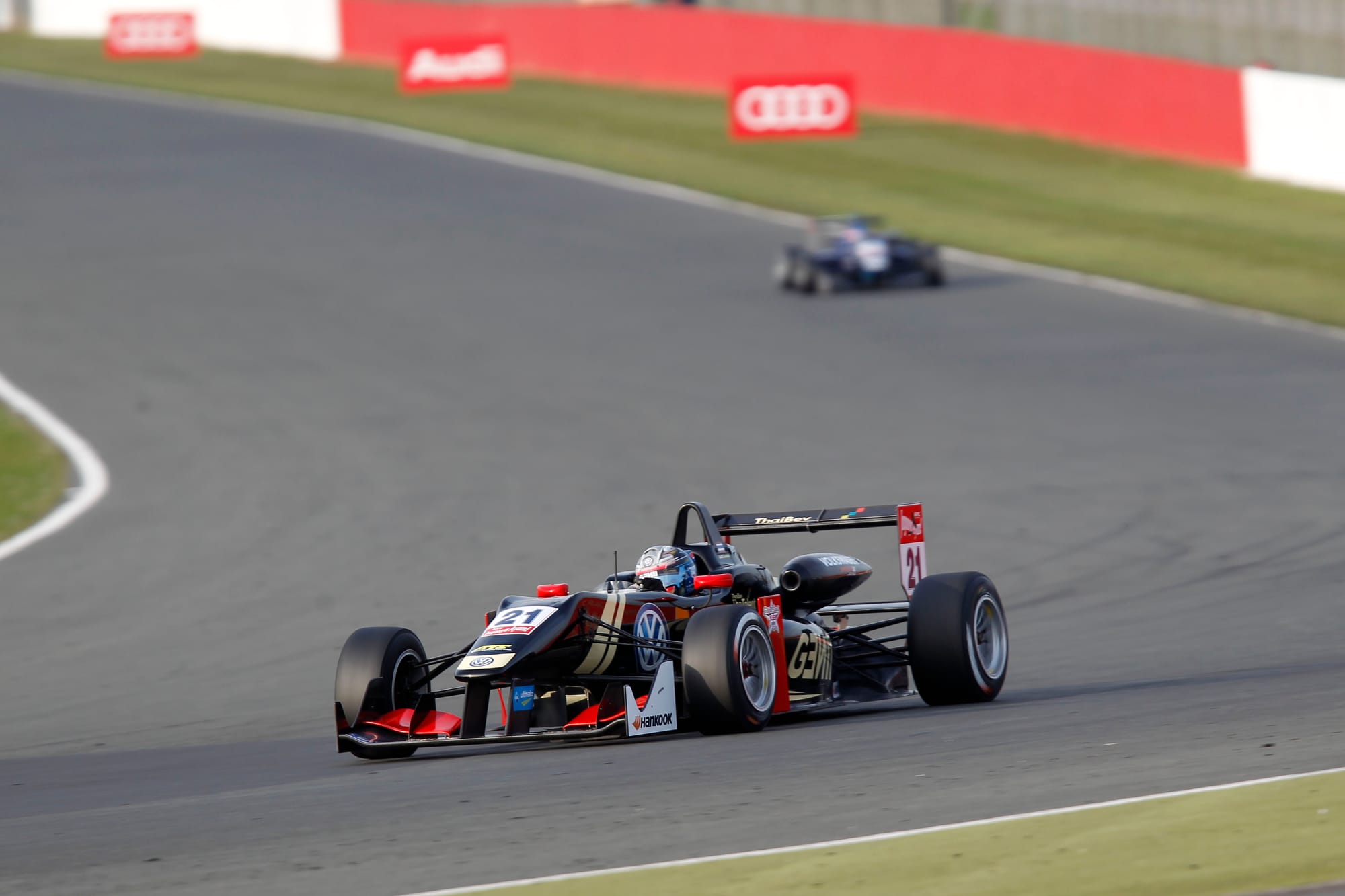
If another Lagrue-linked driver were to join Russell at Mercedes down the line, you'd probably expect it to be Antonelli. But as for the second-likeliest option there, it could be Ocon - or it could be his sometime junior programme stablemate Alex Albon, in the multi-year process of raising his profile at Mercedes customer Williams.
A decade ago, Albon was let go by Red Bull after just one year in open-wheel racing, and it was Lagrue and Lotus that picked up the slack. But, even if that programme had continued further into the decade, you'd be hard-pressed to see Albon as a likely future Team Enstone F1 driver.
Glimpses of the Albon F1 eventually got to know were there - but silverware just wasn't as plentiful as you'd expect from a top-of-the-line junior.
"He was available," recalls Lagrue of recruiting the Red Bull-discarded Albon into Lotus colours. "And I knew him also since go-karts, and I was again pretty sure that the kid was good, and it was just a question of trying to support him and to help him and to give him time.
"You have also to remember where he started [in formula racing], which environment he started with. Without any test days. He was alone, in a team that was in bankruptcy [EPIC Racing, which Albon debuted with, ceased operations not long after].
"I moved him to KTR because that was the only place available at that time. And if you remember, [in 2014] he ended up third in the championship, with a team that was not normally at the level of finishing third. So he did strong, but he was also very young.
"And also he was facing a difficult time in his private life. So you have also to consider all these aspects. And this situation you can face with any drivers.
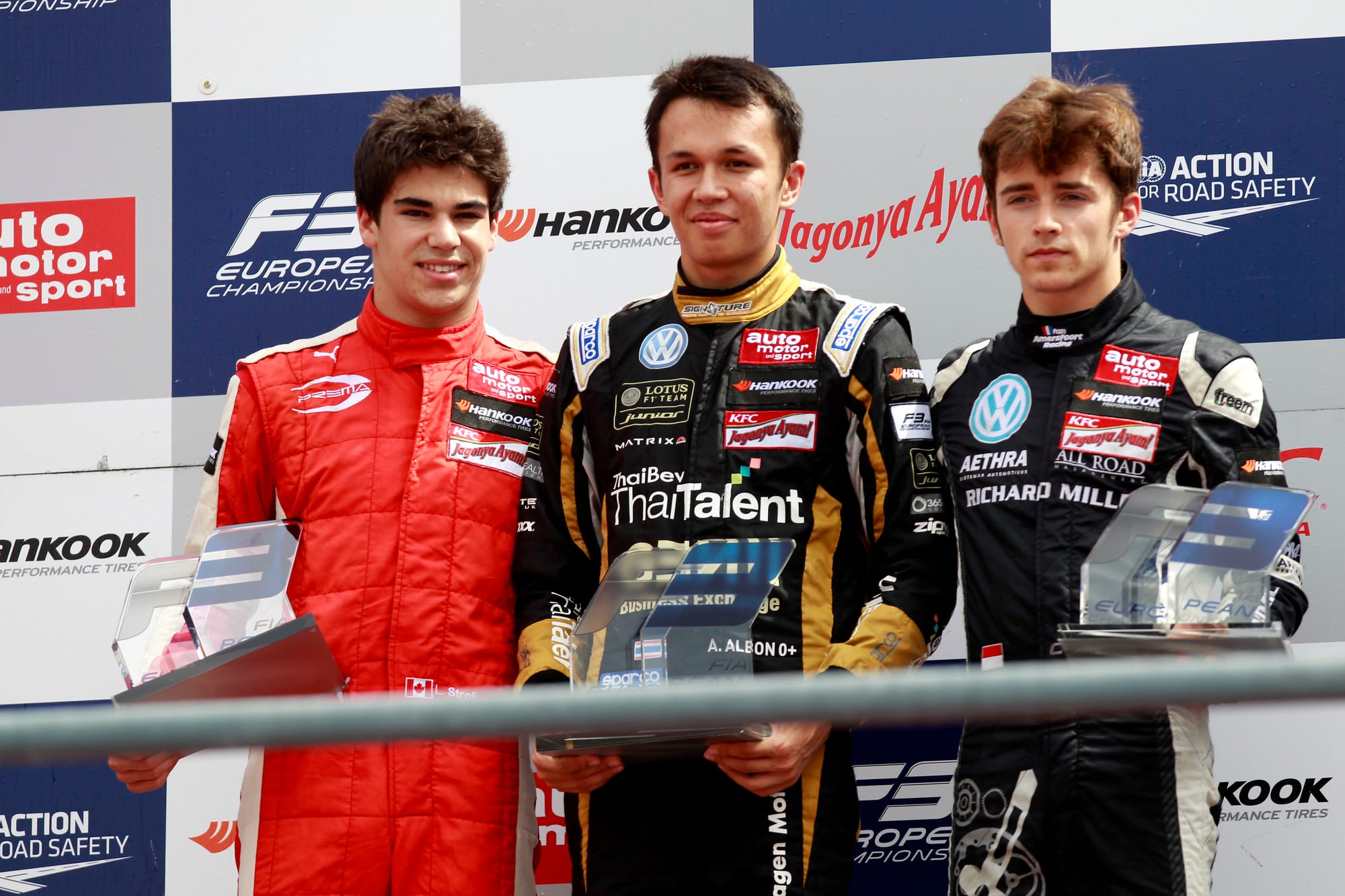
"We are living with them from, let's say, 12 to their 20s. And we live with them a thousand different situations, with family, girlfriends. They live lives. You share that with them during the time they are growing up.
"And they can have a strong season and then let's say the parents are divorcing for example, and that could have an impact on their performance, and it's absolutely normal. Or a break-up with the girlfriend, or whatever, or the loss of a friend or someone close. That affects them, and you have to deal with that, and you have to be with them during this.
"So Alex had this tough, very tough private life situation and we were at that time helping him go through, and maybe that compromised a year or 18 months in his career.
"But at the end of the day he's in F1 now and he's showing everyone that he's also part of this fantastic generation now in Formula 1 that was also racing together in go-karts."
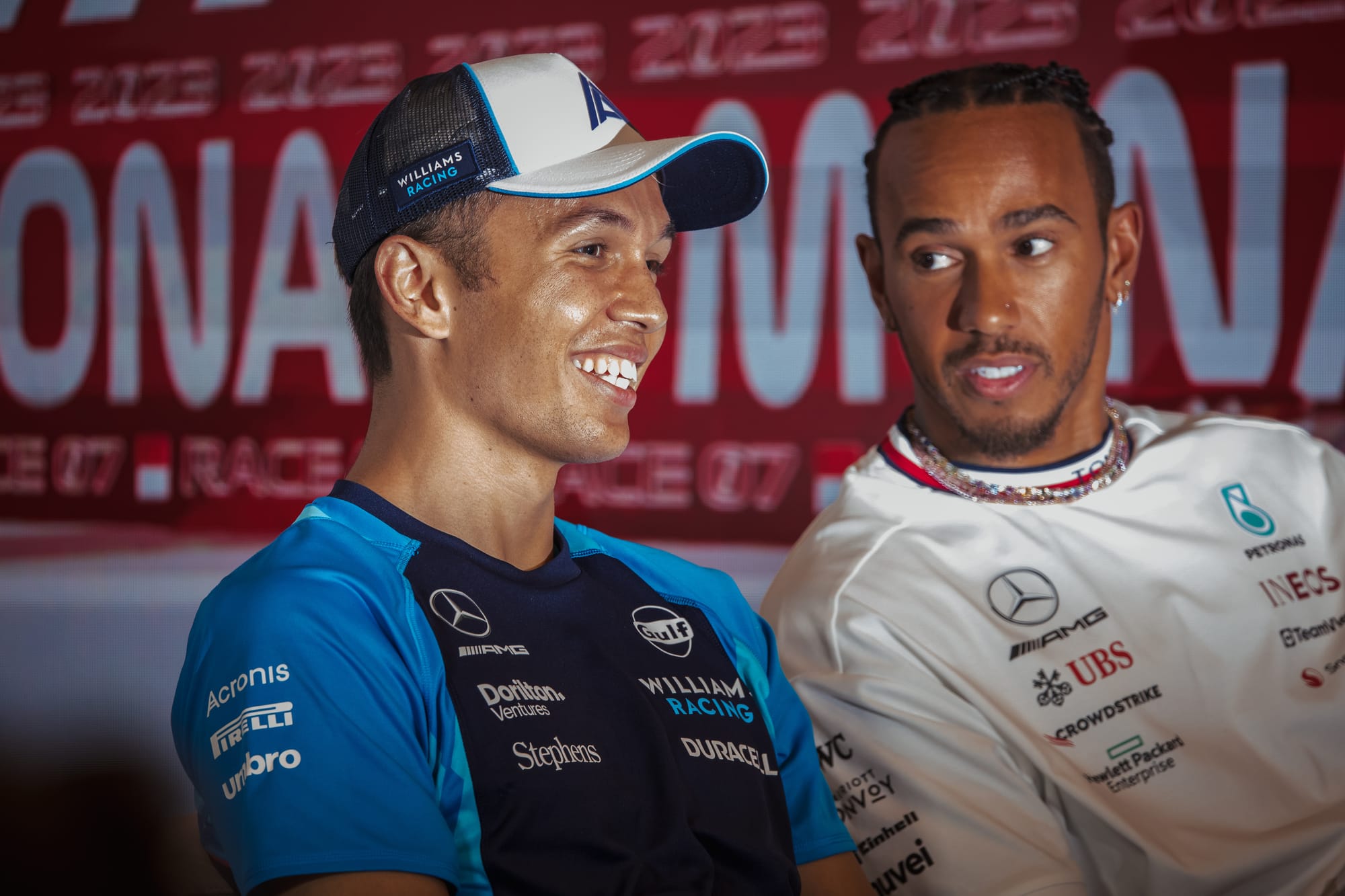
Once the Lotus junior programme was over, Lagrue was helping Albon "more in a private way - with total support and agreement from Toto [Wolff]".
"We're talking when he was racing in F3, F2, when he was doing simulator with us and we were trying to help him as best as we could.
"When he signed again with Red Bull, we had to release him to please Mr [Helmut] Marko, and we were happy to do it, because we couldn't offer him the same possibility at that time."
Albon's subsequent F1 form, for all of its ups and downs, backed up Lagrue's early assessment of his potential. But he insists that, rather than feeling vindicated, "I was mainly happy for him. Not because of anything else".
CAN'T WIN'EM ALL
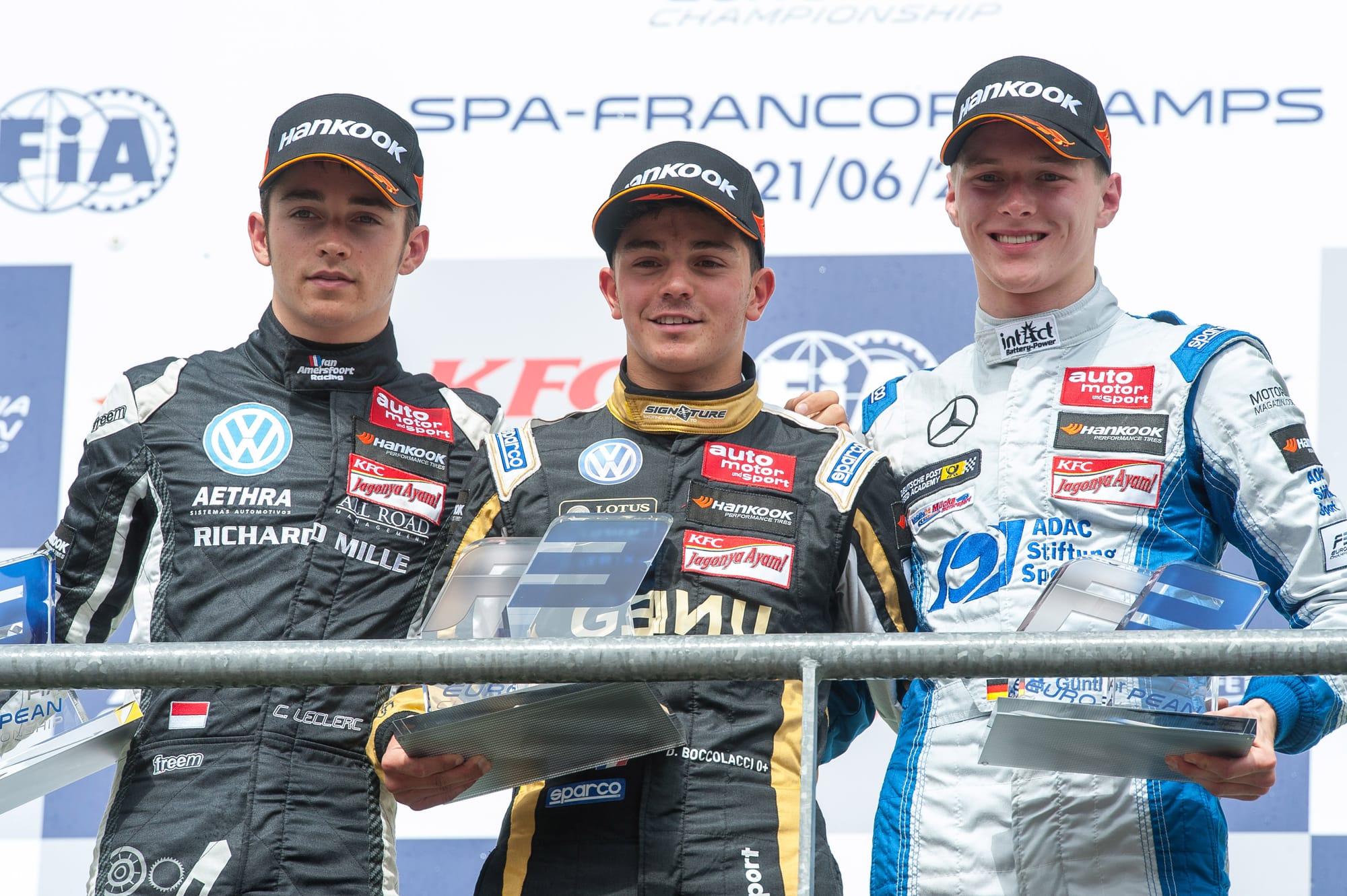
For every protege that makes it to F1, many more don't. Mercedes' hit rate under Lagrue has been pretty good in that regard - but it's just an inevitable fact of life, especially when you don't have a second team available and have to wheel-and-deal with customers or rivals.
If Antonelli really is on a path straight to F1, logically that comes at the expense of, say, Frederik Vesti - Mercedes' 2021 pick-up who was probably the best driver in Formula 2 this year, but hasn't made an iron-clad case for an F1 future and instead will race in the European Le Mans Series this year.
And for every Ocon and Antonelli, there's a Dorian Boccolacci (above, centre) - another hotshot recruited in karting whose F1 path just didn't pan out despite some initial formula successes.
Boccolacci is no total bust. Aged 25, he won the French Porsche Carrera Cup title last year. There should be a good career there - just not quite the one that had been foretold.
"But it's not granted all the time," Lagrue muses. "And we still tried, and I believe we have delivered the best we could at that time with the possibilities we had.
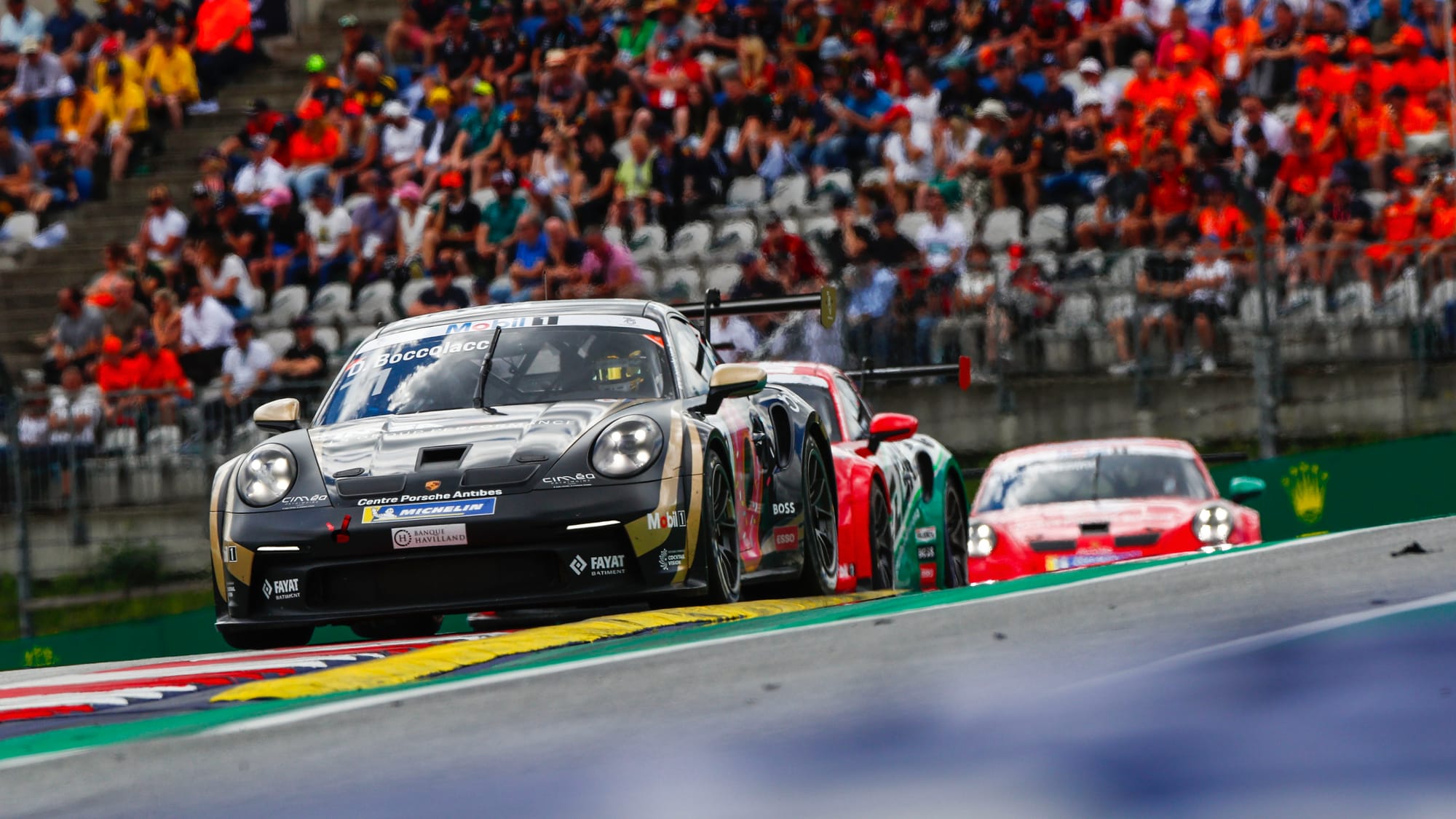
"And it didn't work out for Dorian, but he is still racing, he still has a career, and maybe also he was not complete enough for F1. It's not that all will go to Formula 1. Just few of them will go."
Lagrue, and his peers from rival F1 set-ups, have to accept that reality. Not everyone will pan out, and perhaps not everyone will get every chance they could. F1 teams' junior programmes, after all, aren't made of money.
"It's a way to see it," Lagrue agrees. "Because if we are investing, it's also because we - well, we are not doing it to win money or to earn money. But we are investing for a reason. And the reason in our case is to have the next superstar with us, and make sure we are having the next world champion with us.
"That is what we have done with George and hopefully what we will do with our next young drivers."
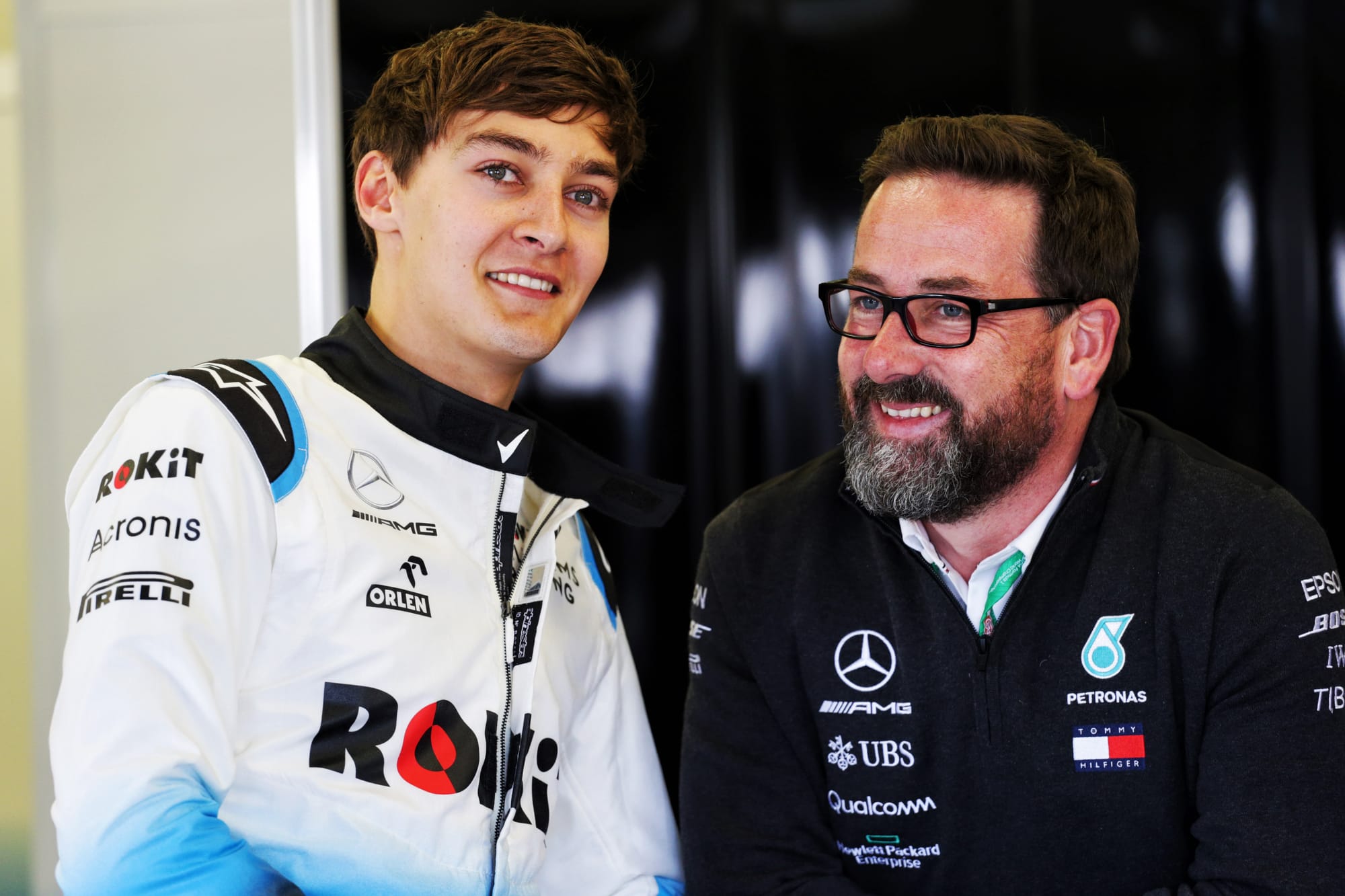
Russell, Lagrue points out, wasn't somebody who could comfortably reinforce his journey to F1 through family finance. Neither is Ocon, famously. Neither is Antonelli.
Drivers like these make it worth F1 teams' while to open the chequebook - but at some points that chequebook has to close, and realism has to set in.
THE HARSH REALITIES
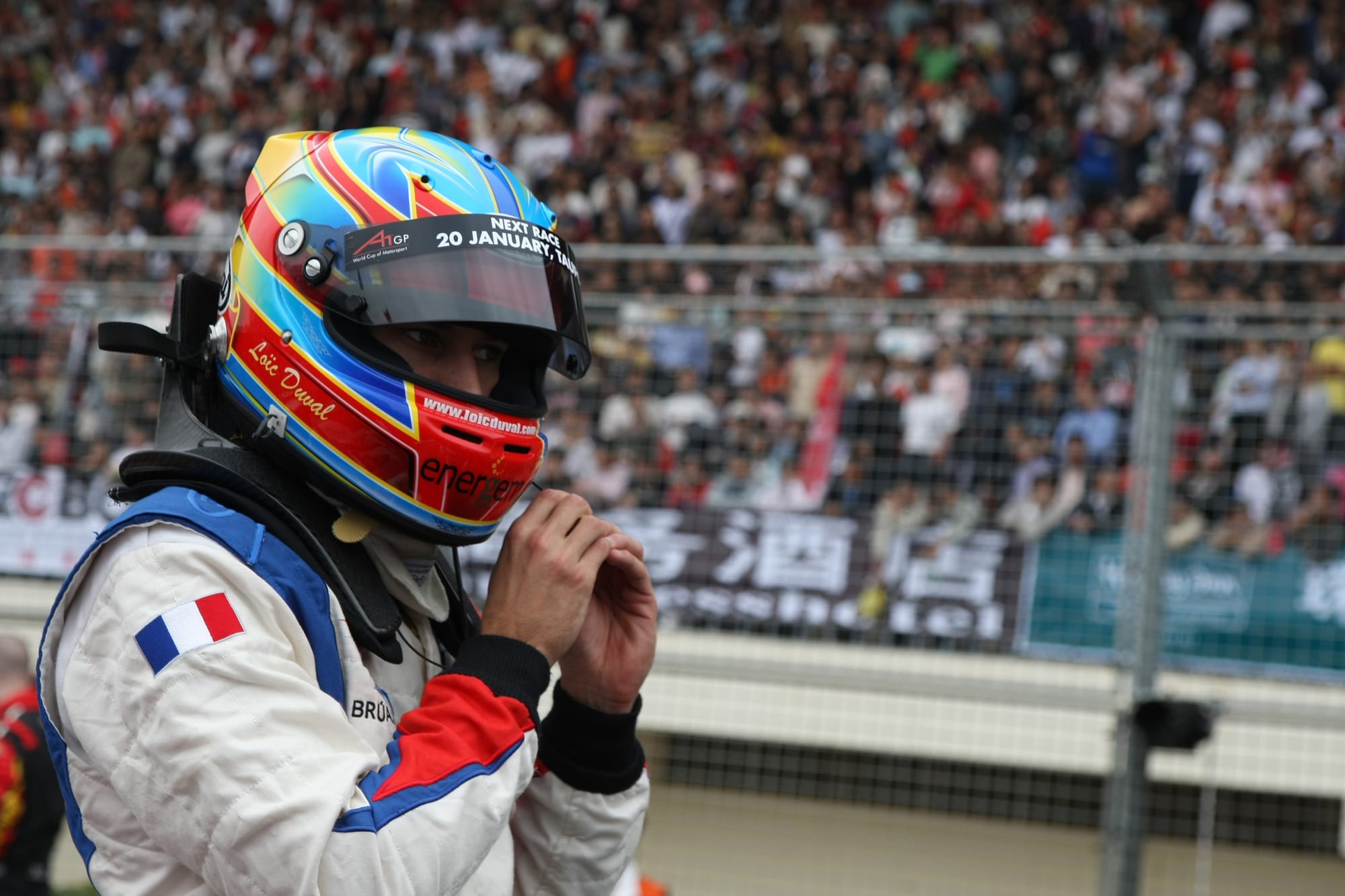
Despite the imprecise nature of it all, and the fact Lagrue can think of some instances - without naming examples - of "right driver, wrong timing" in terms of somebody he would've liked to back but couldn't, he doesn't believe F1 has "missed an exceptional talent over the last 15 years".
After some deliberation, the name he comes up with is perhaps a surprising one - Loic Duval (above), the sportscar prototype and Super Formula veteran who caught Lagrue's eye at Macau in 2005.
"He is a good example of a kid who maybe needed a bit more time, and who could've done the job [in F1].
"But it has been decided differently, and he still had a mega career."
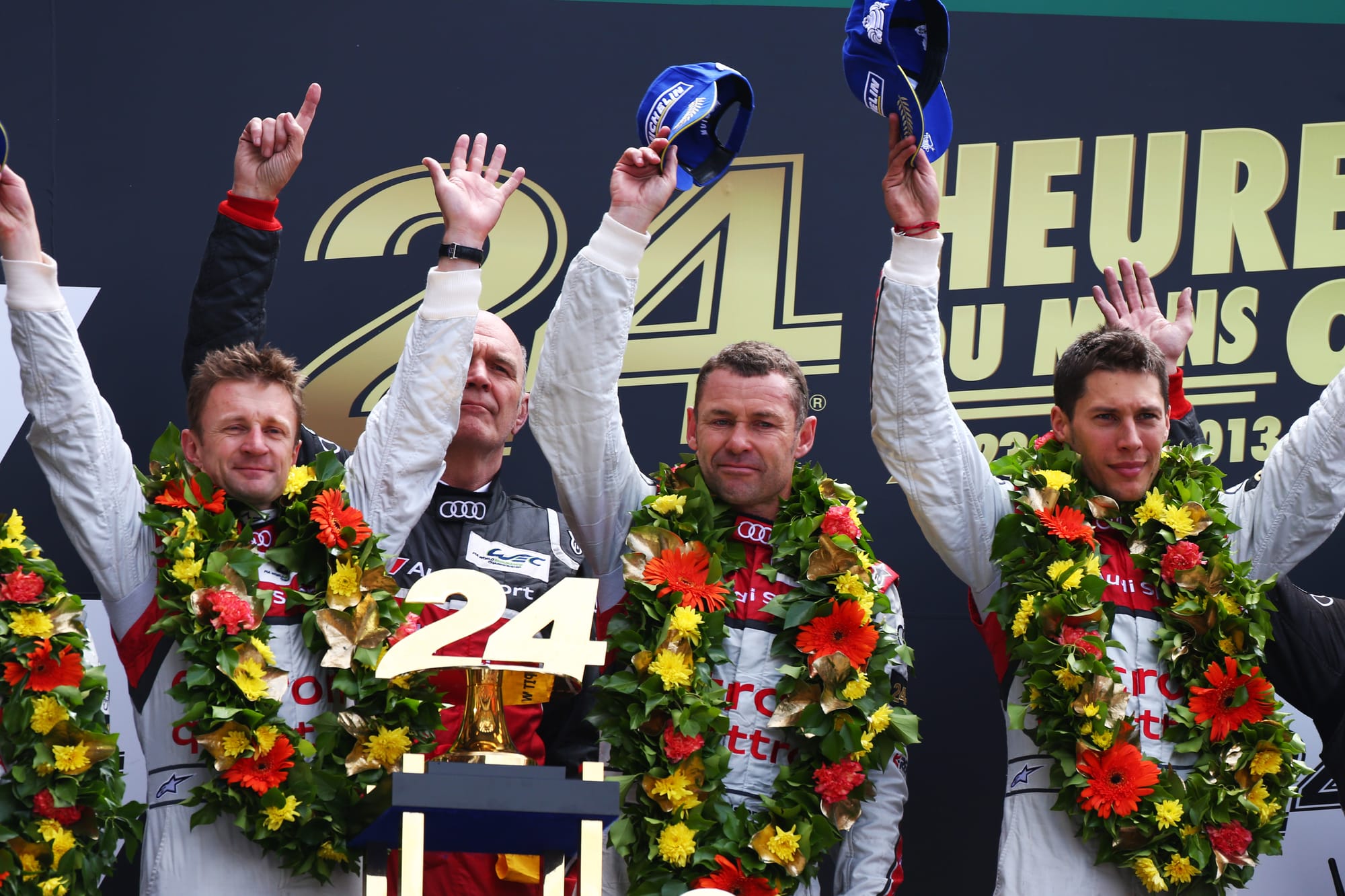
Sometimes it's OK for things to turn out this way, The Race suggests to Lagrue.
"It's not always crystal clear, you know? You are making decisions depending on the time, on the timing, depending on your agenda. And sometimes it's always easy to talk after.
"But when you have to decide, we are working with humans. And sometimes it's not that easy, and we could always do the wrong decision and the wrong call. You decide to stop with a driver, and maybe it appears that a few years after the driver is developing well and is very good.
"But... you have also to give priority where you believe you need to give the priority. And that's why we are focused on a group of drivers, because again there are only 20 seats in Formula 1.
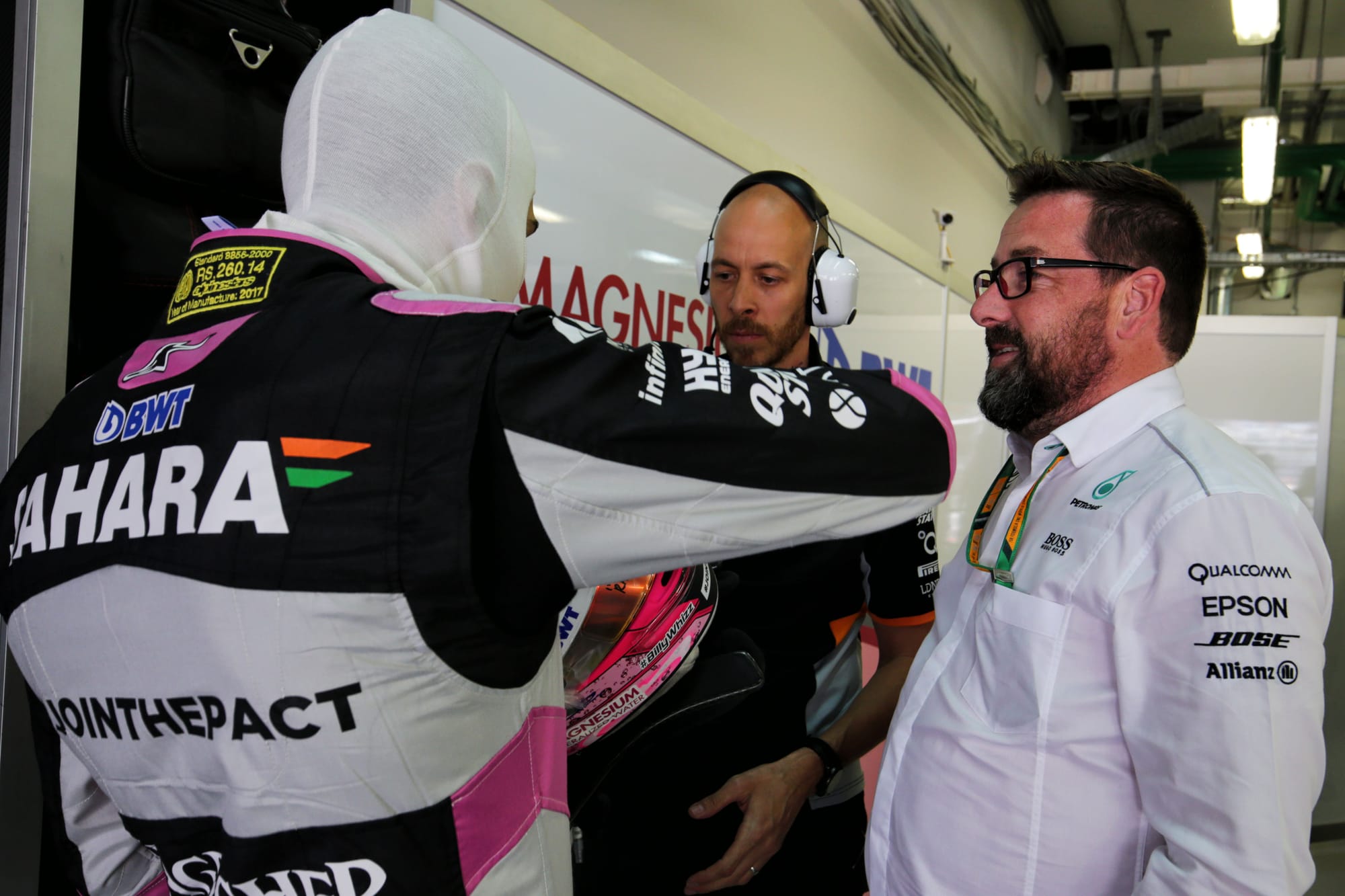
"If you look at the average age, it's a very, very young group of F1 drivers now. They are probably going to race, guys like George or Esteban, Max [Verstappen], for the next 10 years.
"And you have one or two opportunities every maybe two or three years. You can't have 10 kids in your programme and believe that they will all go to Formula 1.
"So, we are focused on a few drivers and I always try to have a good gap between them because otherwise, after, what do you do with them?
"But again, if you have an exceptional one - for sure you will have a seat for him."


